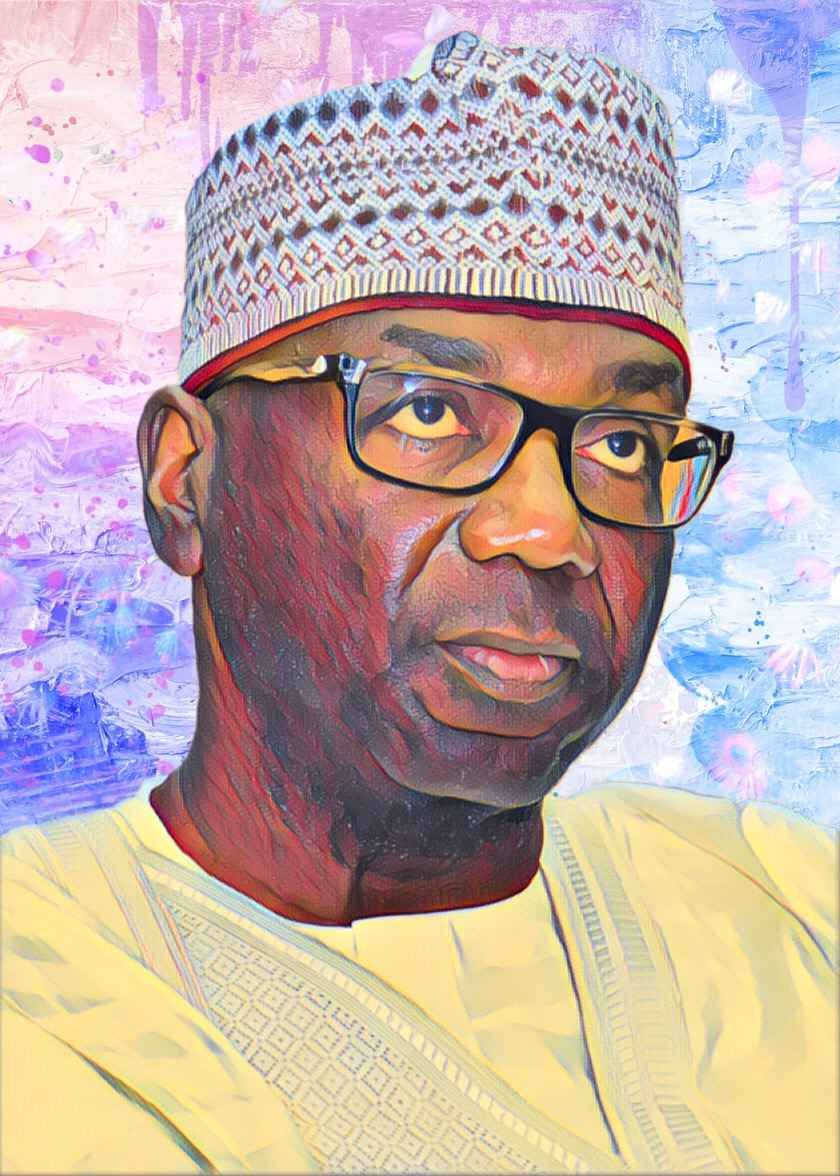In a recent briefing in Ilorin, AbdulRahman AbdulRazaq, the Chairman of the Nigeria Governors Forum (NGF) and Governor of Kwara State, voiced concern over Nigeria’s financial strategy, revealing that the country has already received proceeds from oil sales projected for the next six months. This development comes amid growing economic hardships, prompting calls for patience from Nigerians.
Governor AbdulRazaq highlighted the advance sale of crude oil as a significant challenge facing the nation’s economy. He noted that this arrangement has temporarily stalled the financial benefits of increased oil production under President Bola Tinubu’s administration. “The crude oil we have, and will be getting in the next six months or so, had been sold in advance. So, we don’t get value for whatever we are selling now,” he explained, emphasizing the need for public support during this period of adjustment.
This situation arose following a $1.04 billion deal signed between the African Export-Import Bank (Afreximbank) and the Nigerian National Petroleum Corporation (NNPC) aimed at boosting oil output. The agreement, a pre-export/shipment finance facility underpinned by a Forward Sale Agreement (FSA) and offtake contracts, commits NNPC to deliver 35,000 barrels of crude oil per day.
The economic meeting attended by Governor AbdulRazaq, conducted via Zoom, was part of ongoing discussions among governors to address the nation’s financial instability, particularly the spiraling fall in the value of the Naira and its impact on consumer goods prices. The government is reportedly launching programs to mitigate rising food prices, with a focus on leveraging the strategic reserve to temper the cost of staple foods.
“Our major problem is foreign exchange,” AbdulRazaq stated, pointing to challenges such as pipeline vandalism that have historically hampered crude oil sales. He also shed light on the government’s immediate steps to alleviate the situation, including the release and distribution of grains from strategic reserves to combat food price inflation.
The devaluation of the Naira has attracted merchants from neighboring countries, who have been buying grains from Nigeria to resell at higher prices within the West African sub-region. This cross-border trade further complicates the domestic economic landscape, exacerbating inflation and the cost of living for Nigerians.
Governor AbdulRazaq called for patience from the citizens, assuring them that the government’s investment in gas-powered vehicles and other initiatives would yield benefits in the coming months. These efforts are part of a broader strategy to stabilize the economy, improve food security, and ensure sustainable growth.
The discussions also involved labor union leaders from various sectors, including transport, artisans, and market unions, as well as students from diverse backgrounds. These sessions, which lasted for hours, underscore the government’s commitment to engaging with a wide range of stakeholders to find solutions to the country’s economic challenges.
As Nigeria grapples with these financial hurdles, the NGF’s revelations about the forward sale of crude oil shed light on the complexities of managing national resources and the economy. With the government working tirelessly to address these issues, the path to economic recovery and stability requires collective understanding and support from all Nigerians.



